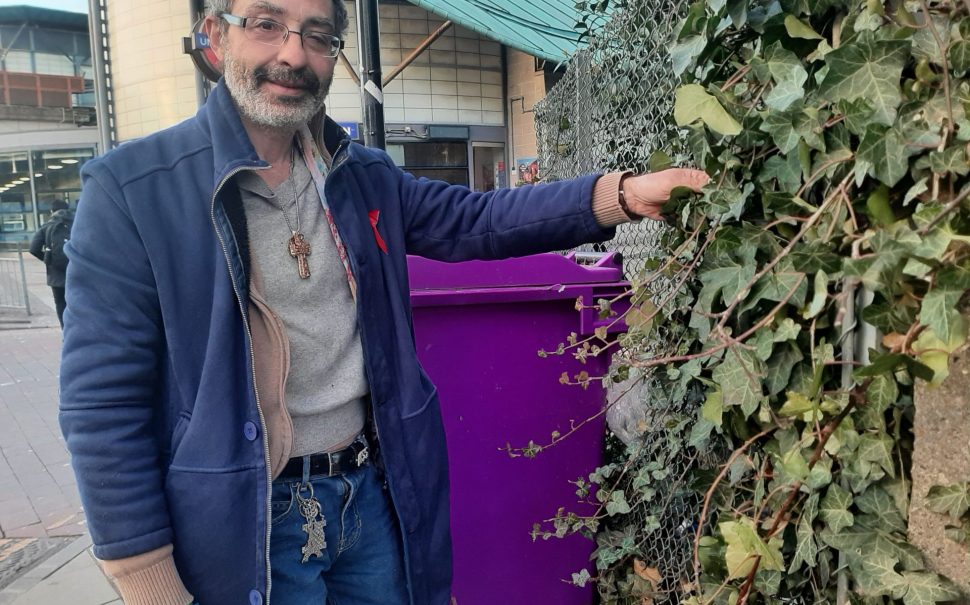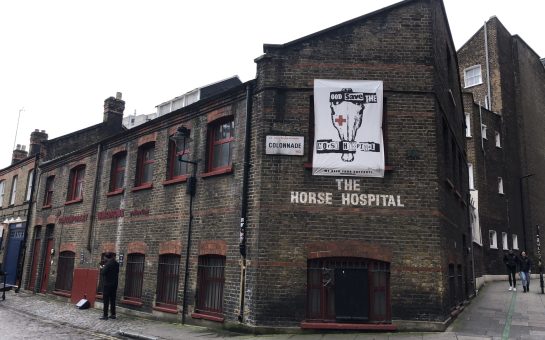A retired software engineer is cleaning up London one banana skin at a time by picking litter across the capital.
Ghassan Matar, 54, has already covered a large part of London including areas of Hounslow, Tower Hamlets and Westminster as he voluntarily spends full days scraping gum off pavements, picking rubbish from grass and cleaning bins with Dettol.
Hounslow, where Matar is pictured, faced a record level of fly-tipping last year with 33,610 incidents in the year to March 2022.
This was up from 30,902 the year before and the highest figure since records began in 2012-13.
Littering in the UK has increased by 500% since the 1960s.
Matar said: “There is a huge movement for saving the planet but it’s all talk. People need to pick a spot and clean it.
“None of the street cleaners the council employs are from the area and you need to employ people who live in the area. We can’t outsource.
“All it is, is people doing their job and doing it with their heart. What I am trying to do is get everyone to pick a spot and keep it clean.”
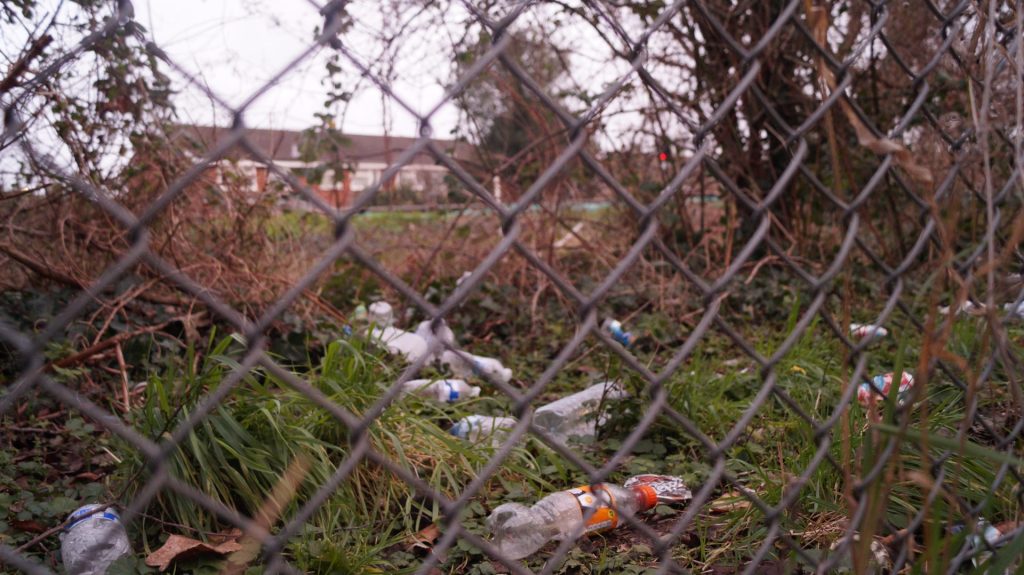
Matar, who is originally from Lebanon and moved to the UK in 1974, buys all his cleaning equipment himself and is not employed as part of a wider company.
His view on litter is influenced by the Chinese philosophy Feng Shui, which suggests that litter patches are caused by a concentration of negative energy.
Littering is punishable under UK law through the 1990 Environmental Protection Act with a fixed penalty notice for £80 or prosecution and a maximum fine of £2500 on conviction.
However, the state of some streets in the UK has raised concerns about lack of law enforcement especially as littering currently costs the taxpayer £1billion a year.
Keep Britain Tidy is a UK-based independent environmental charity that runs campaigns and projects towards reducing litter, improving local spaces, and preventing waste.
Communications Director Helen Bingham said: “The issues we face are absolutely massive. We’re encouraging people to get out there and actually do something.
“I’d just urge people to think. It’s easier not to litter than to litter.”
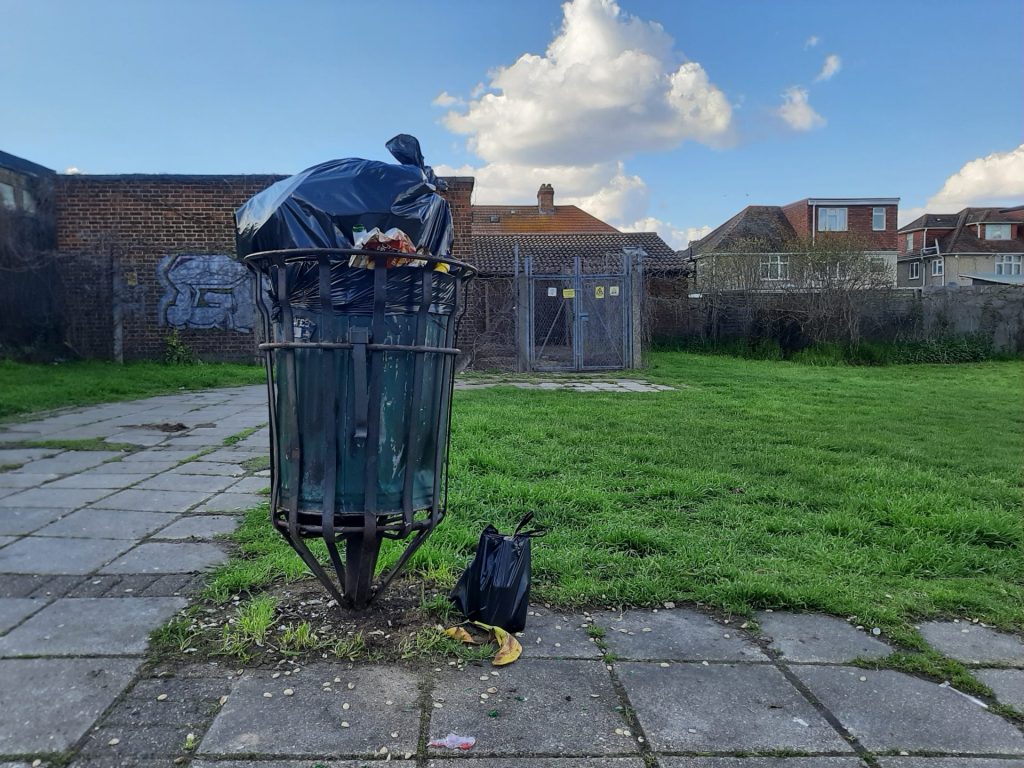
The charity runs a number of projects to mobilise local communities as well as liaising with councils and campaigning for legislative change at a governmental level.
Its annual ‘Great British Spring Clean’ is Britain’s biggest mass-action environmental campaign which sees around 400,000 bags of litter collected each year.
Although the charity focuses its campaigns at many levels, Bingham said that changing societal attitudes were largely to blame for the increase in litter.
She pointed to the problem of people consuming on the go: a phenomenon that became societally accepted only relatively recently.
According to Public Health England, there is strong evidence linking economically deprived areas with an increased presence of fast food outlets.
Given the correlation, it is no wonder that such areas fall victim to some of the worst litter louts.
Hounslow resident Naseem, 84, commented: “People behave very differently to how they did 50 years ago. Today there is a lot more litter.”
Another resident, Alison, 57, said: “A lot of things blow into our garden and it’s rubbish that people have just thrown onto the pavement.
“It’s a shame they don’t seem to feel a sense of social responsibility.”
Shabnam, 27, added: “It’s awful because people are constantly dumping things onto the pavements and not only does it make the environment look bad but it also encourages rats which makes the area really unappealing.”
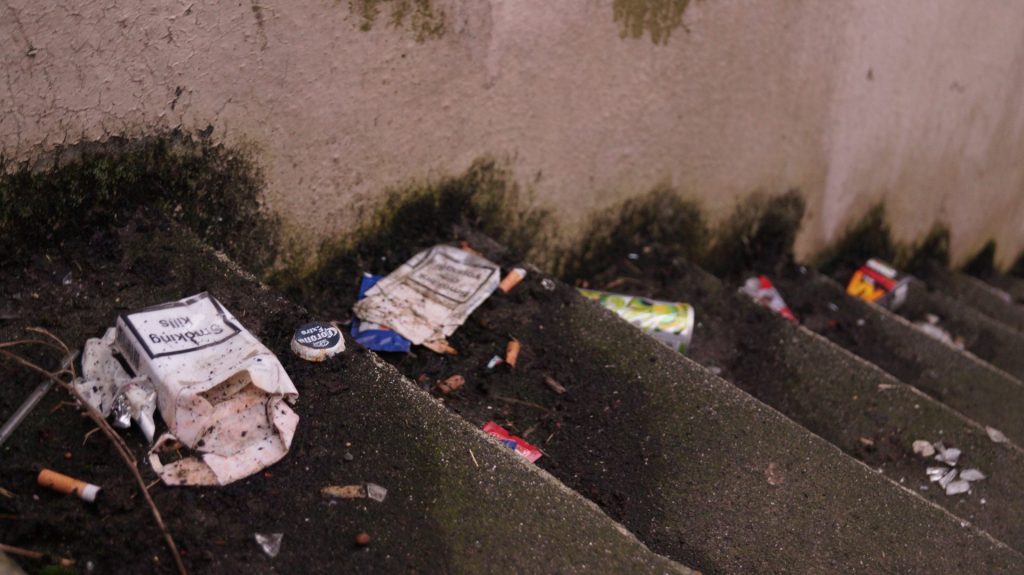
Hounslow Council has implemented some rubbish schemes over recent years including efforts that encourage individuals to partake in Keep Britain Tidy’s very own Great British Spring Clean.
Councillor Guy Lambert, Cabinet Member for Environment, Highways and Operational Services said recently: “We’re here to work with residents to reduce the amount we waste, and increase the amount of stuff we reuse and recycle.”
Despite this, littering remains rife in the borough and across many parts of London.
The question remains as to how effective top-down initiatives can be in providing long-term environmental solutions.
Matar thinks that a widespread change in attitude is needed and that a major part of the issue is many people passing the responsibility on to somebody else.
A street like the one he was found cleaning in Hounslow normally takes a full day to make spick and span.
He added: “It’s everyone’s responsibility and it’s killing us.”
